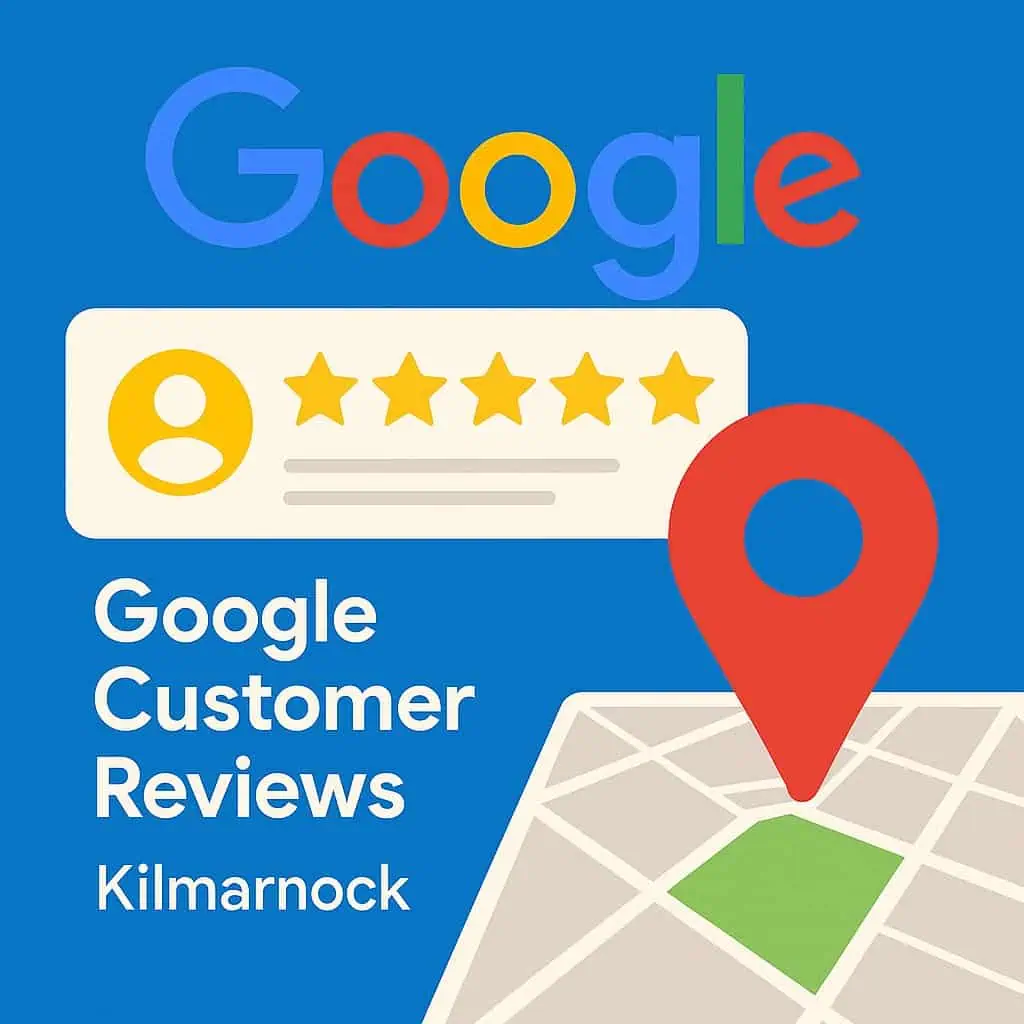
Digital marketing has transformed the way businesses reach and engage with their audience. In today’s highly competitive landscape, having a solid digital marketing plan is not just a luxury; it’s a necessity. With a structured plan, your efforts can become cohesive, effective, and easier to measure. This guide will walk you through the essential steps of developing a digital marketing plan that works and drives significant results. As a bonus, we’ll share some little-known secrets that can give you an edge over your competitors.
Imagine the power of knowing exactly what your audience wants and delivering it to them at the perfect moment. Picture your website at the top of search results, your social media posts buzzing with engagement, and your email campaigns converting like never before. This is the potential of a well-crafted digital marketing plan. Stay with us till the end, and you’ll learn the basics and discover some hidden gems that can propel your digital marketing efforts to new heights.
Section 1: Understanding Digital Marketing
Digital marketing encompasses all marketing efforts that use the internet or an electronic device. Businesses leverage digital channels like search engines, social media, email, and websites to connect with current and prospective customers. Unlike traditional marketing, digital marketing allows for two-way interaction between the marketer and the customer, fostering a more dynamic and responsive relationship. This interactive nature of digital marketing enables businesses to engage with their audience in real time and build lasting relationships.
Key components of digital marketing include Search Engine Optimization (SEO), content marketing, social media marketing, email marketing, pay-per-click (PPC) advertising, and more. Each of these components plays a unique role in attracting, engaging, and converting your target audience. For instance, SEO helps your website rank higher in search engine results, making it easier for potential customers to find you. Content marketing involves creating valuable content to attract and retain a clearly defined audience. Social media marketing leverages platforms like Facebook, Instagram, and Twitter to connect with your audience. Understanding these components and how they work together is crucial for developing a digital marketing plan that works.
Section 2: Setting Your Goals and Objectives
Clear, measurable goals are the foundation of any successful digital marketing plan. With defined goals, you can measure success or understand what’s working and what’s not. Start by identifying what you want to achieve with your digital marketing efforts. Common goals include increasing brand awareness, driving traffic to your website, generating leads, or boosting sales. The key is to be specific and realistic about what you can achieve.
One effective method for setting goals is the SMART framework. SMART stands for Specific, Measurable, Achievable, Relevant, and Time-bound. For example, instead of saying, “I want more website traffic,” a SMART goal would be “I want to increase website traffic by 20% over the next three months.” This goal is specific (increase website traffic), measurable (by 20%), achievable (with the right strategies), relevant (to overall business growth), and time-bound (within three months). Using the SMART framework ensures your goals are clear and attainable, providing a solid direction for your digital marketing plan.

Section 3: Conducting Market Research
Understanding your target audience is critical in developing a digital marketing plan. Knowing who your audience is, what they like, where they spend their time online, and what problems they need solving will help you create more targeted and effective marketing strategies. Start by creating buyer personas – detailed profiles of your ideal customers. Include demographic information, interests, online behaviour, and pain points. This will guide your content creation and marketing tactics.
Analyzing your competitors and market trends is equally important. Identify your main competitors and analyze their digital marketing efforts. What keywords are they targeting? What type of content are they producing? How are they engaging with their audience on social media? Use tools like SEMrush, Ahrefs, and Google Analytics to gather data. Understanding what your competitors are doing well and where they are lacking can reveal opportunities for your digital marketing plan. Combining audience insights with competitive analysis ensures your strategies are well-informed and more likely to succeed.
Section 4: Crafting Your Marketing Strategy
Choosing the proper digital marketing channels is crucial for effectively reaching your audience. Each channel has strengths and weaknesses; not all channels suit your business. For example, LinkedIn might be more effective than Instagram if your target audience is primarily professionals. Plurals like Instagram and Pinterest could be more appropriate if you have much visual content. Assess where your audience spends most of their time and tailor your strategy accordingly.
A robust content strategy is the backbone of a successful digital marketing plan. This involves deciding what type of content to create (blog posts, videos, infographics, etc.), how often to publish, and where to distribute it. Develop a content calendar to plan your content and ensure a consistent flow. Quality content attracts and engages your audience and boosts your SEO efforts. Remember, content is king, but consistency is queen. Ensure your messaging is aligned across all channels and resonates with your audience’s needs and interests.
Section 5: Implementing Your Plan
With your strategy in place, it’s time to implement it. Start by setting up and optimizing your digital marketing channels. This includes creating and optimizing your website, setting up social media profiles, and configuring email marketing platforms. Each channel should be aligned with your overall marketing strategy and goals. Ensure your website is user-friendly, mobile-optimized, and SEO-friendly. Social media profiles should be complete, professional, and regularly updated with engaging content.
Executing campaigns across different platforms requires a coordinated effort. For SEO, focus on creating high-quality content, optimizing on-page elements, and building backlinks. Mix promotional and engaging content for social media and use analytics to track performance and adjust strategies. Email marketing campaigns should be personalized and targeted, with a clear call to action. PPC campaigns require careful keyword selection, ad copy testing, and budget management. Consistent branding and messaging across all channels are crucial for building a strong, recognizable brand.

Section 6: Measuring and Analyzing Results
To determine the success of your digital marketing plan, you need to measure and analyze your results. Key performance indicators (KPIs) will vary depending on your goals. Still, they may include metrics such as website traffic, conversion rates, social media engagement, email open rates, and ROI. Regularly tracking these metrics helps you understand what’s working and where improvements are needed.
Tools like Google Analytics, HubSpot, and other marketing analytics platforms provide valuable insights into your campaigns. Use these tools to monitor your KPIs and better understand your audience’s behaviour. For example, Google Analytics can show you which pages get the most traffic, where your visitors are coming from, and how they interact with your site. This data can inform future strategies and help you optimize your digital marketing efforts for better results. Remember, digital marketing is an ongoing testing, measuring, and refining process.
Section 7: Adapting and Evolving Your Plan
The digital marketing landscape constantly evolves, with new trends, tools, and technologies emerging regularly. Staying updated with these changes is crucial for keeping your digital marketing plan effective. To stay informed, subscribe to industry blogs, attend webinars, and participate in online forums. Adaptability is critical to maintaining a competitive edge.
Flexibility and adaptability in your digital marketing strategy mean being open to change and ready to pivot when necessary. Feel free to try something new if a particular tactic isn’t working. Continuous learning and professional development are essential. Take advantage of online courses, certifications, and workshops to enhance your skills and stay ahead of the curve. Case studies of successful digital marketing plans can inspire insights into what works. By remaining adaptable and proactive, you can ensure your digital marketing efforts continue to drive results.

Conclusion – Developing a Digital Marketing Plan
Developing a digital marketing plan that works involves:
- Understanding digital marketing.
- Setting clear goals.
- Conducting thorough market research.
- Crafting a strategic plan.
- Implementing it effectively.
- Continuously measuring and adapting your efforts. It’s
It is a dynamic process that requires dedication, creativity, and a willingness to learn and adapt. By following the steps outlined in this guide, you’ll be well on your way to creating a digital marketing plan that drives significant results.
Remember, the digital marketing landscape is constantly changing. Staying informed and adaptable is crucial for long-term success. We hope you’ve found this guide helpful and are excited to start developing your digital marketing plan. Feel free to reach out if you have any questions or need further assistance. Check out the resources below to enhance your digital marketing knowledge further.
Additional Resources
Marketing Resources: Downloadable “how to” ebooks to help market your business here.
Recommended Reading: “Digital Marketing for Dummies,” “Content Marketing Made Simple,” and “SEO 2024: Learn Search Engine Optimization.”
Online Courses and Certifications: HubSpot Academy, Google Digital Garage, and Coursera’s Digital Marketing Specialization.
Consulting and Personalised Advice: Contact me for information on how I can help market your business and achieve revenue growth.





